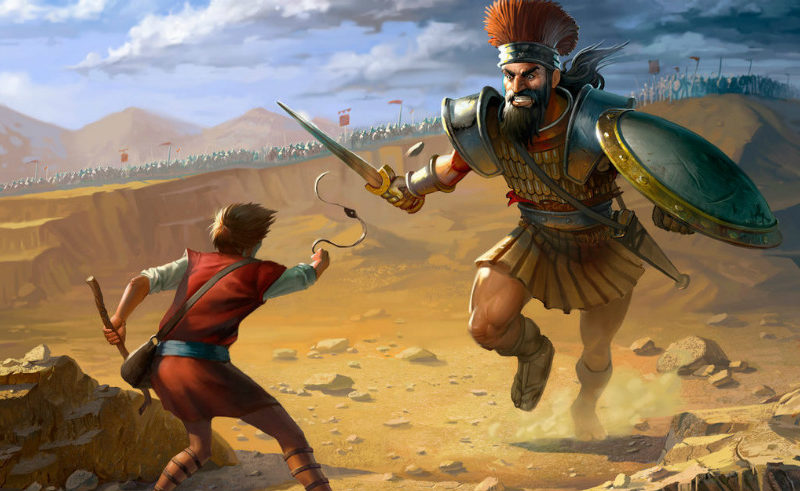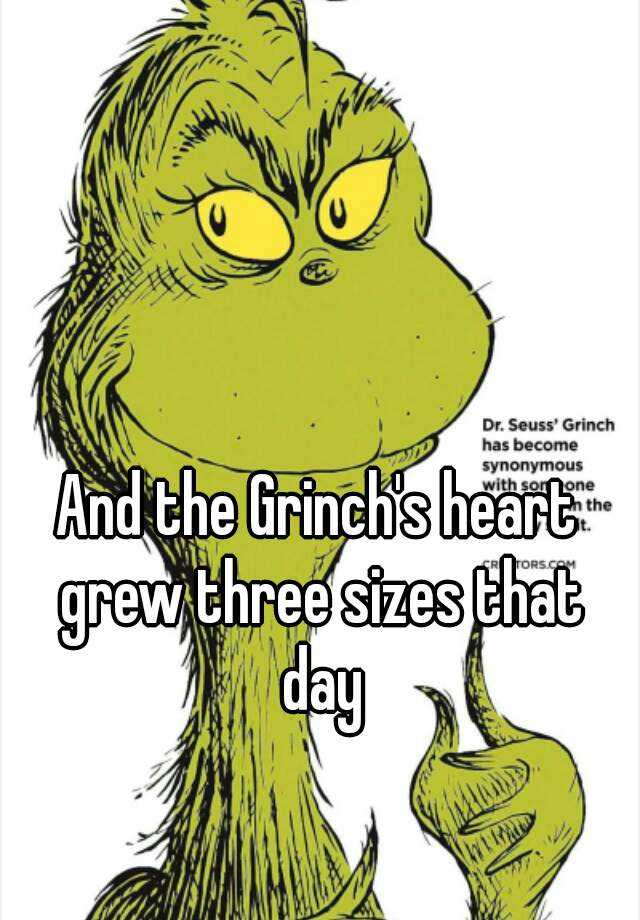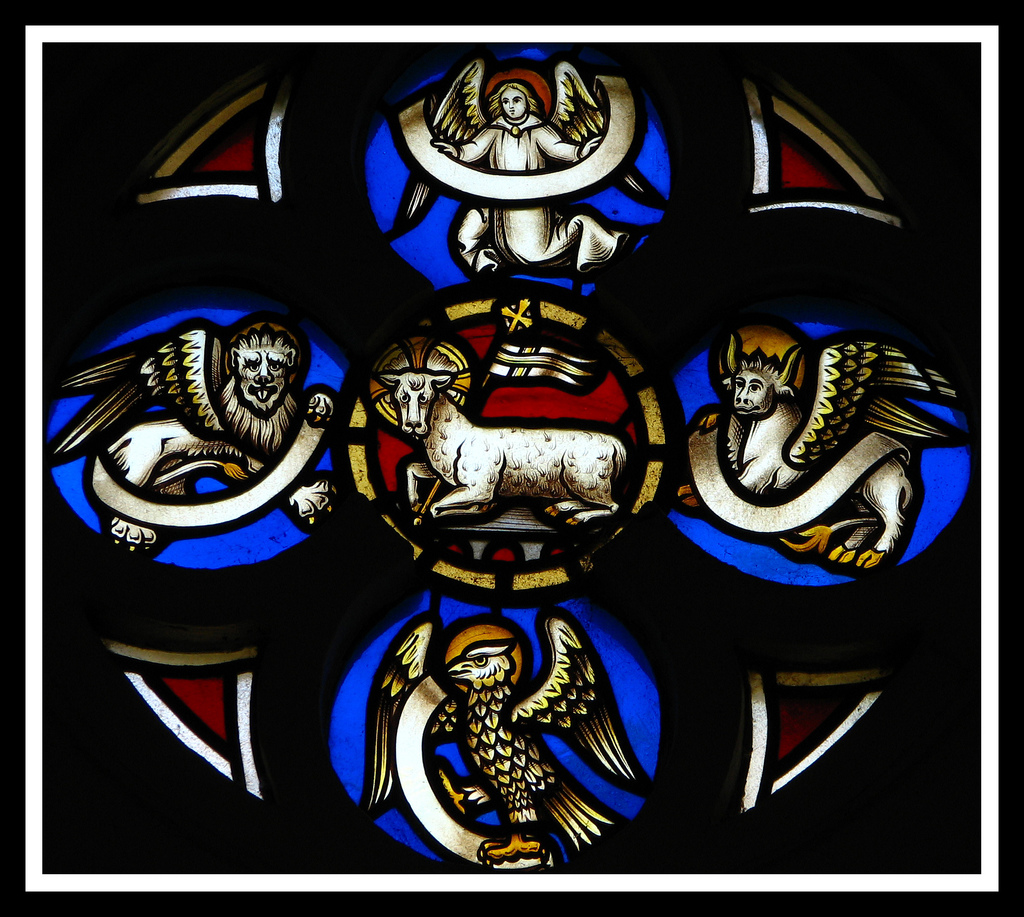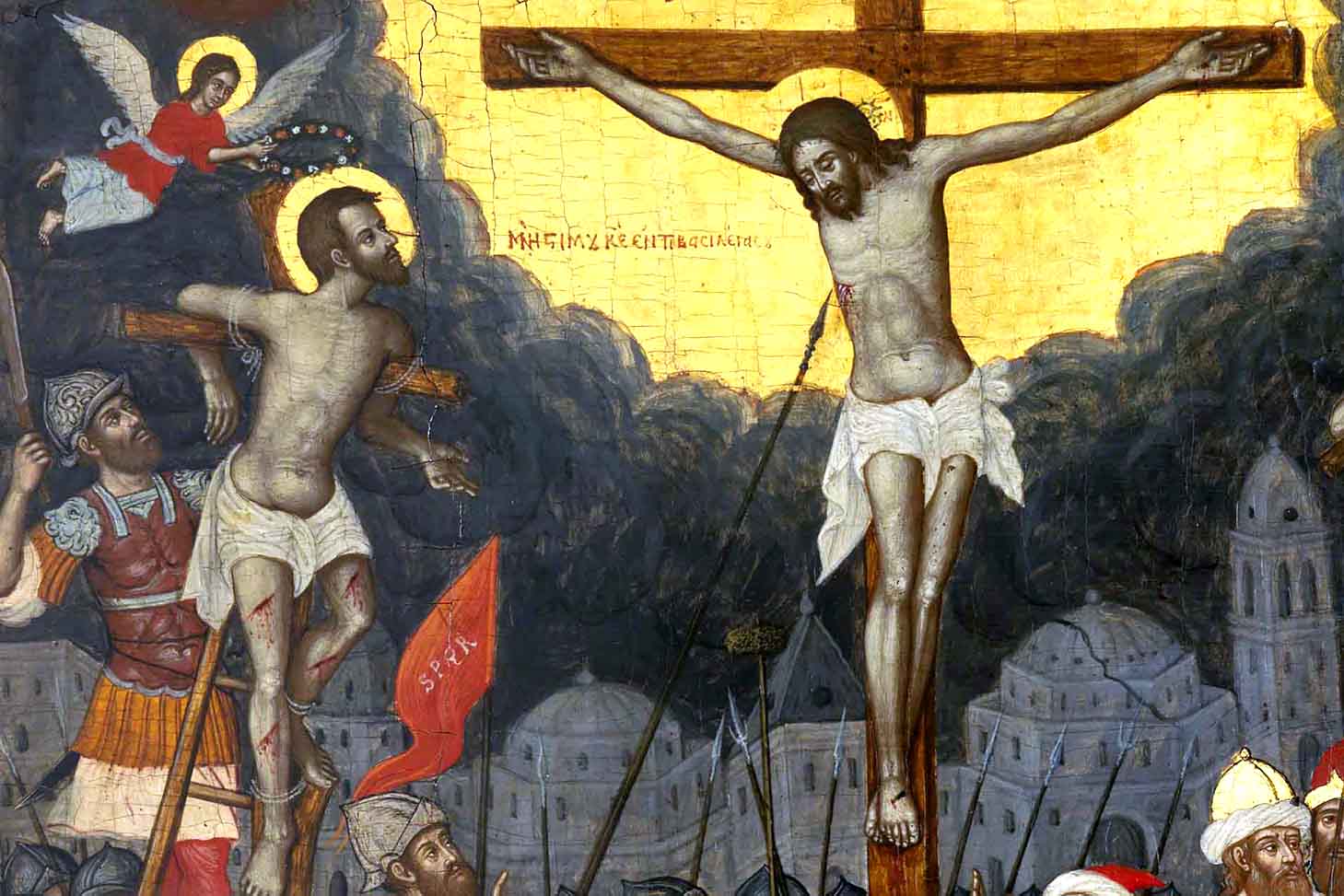I want you to think about David for a moment. Him, his hometown of Bethlehem, his rule and his family. We know him as a man after God's own heart, yes, of course. But we do so because we have the benefit of hindsight.
By the time the Bible has been placed into our hands, we already know some of the best known stories about him. Including, but not limited to, the story of David and Goliath. You know the story so well by now, that it's kind of a trope by now. David, the shepherd boy, manages through sling and stone to overcome the giant Goliath, and bring him to ruin and death. But by the time we encounter that story for the first time, we already know how it ends. There's an expression out there of a 'David and Goliath struggle.' There are weapons of war called the Goliath, named for their destructive potential. So given that these things are in our language, are part of our lexicon, it should be no surprise that we know how the story ends.
But try to think about David, Bethlehem, the whole story as though you were hearing it for the first time. We have the benefit of knowing that Saul is going to be a bad king already, but imagine that you were seeing it for the first time. You would for sure give Saul the credit and admiration over David. As everyone did.
Osama Bin Laden, back when he was alive, famously said "When people see a strong horse and a weak horse, they will by nature like the strong horse." And we'd be liars to assume that we would work out that David was the one to watch. Saul was strong, mighty, handsome, and all of that. He was bold, athletic, and a capable warrior. In short, Saul was the strong horse that we, and Israel, instinctively would like. But what he wasn't was faithful. Saul did that thing that we must not do, and he believed in his own hype, and turned his back on God. Actually, that's not quite true. He viewed God as an accessory to what he wanted. God was useful to him only insofar as he could get what he wanted out of the divine, believing what a great many kings at the time, as well as commoners do today - Even God in Heaven works for me.
He was wrong, of course, and was replaced in due time by David, son of Jesse. David, out tending the sheep in the surrounding regions of Bethlehem, which is such a nowhere place that I'm sure that most people in the centres of empire didn't even know it existed. And David was specifically chosen by God, and anointed by Samuel at his command, because he was the least of his brothers. Not what the people of Israel would have sought after, but he ended up being the king that they needed.
How about this for a second. How many of us can look at our current crop of rulers, and say that we're satisfied with everything they've done so far? How many of us can look at how that's going, and say that we're 100% delighted with how things are going? Most of our time these days is spent being relatively upset at what our leaders are doing, given that they're mismanaging pandemics, are corrupt, are mean-spirited and wicked, are inept and dottering, whatever stick you choose, you can beat a politician with it. But here's the deal, which is that these politicians who are hopeless, meandering and callow, we picked them. Given the choice in a slate of candidates, we chose the ones we've got running the show. In many ways, it says more about the electorate than it does about the elected. It says more about us as people who elected them than it does about them. Wouldn't it be nice if that choice was a)up to someone else, and b)they made consistently good choices?
In many ways, it's a lot like us as Canadians, looking down to our neighbors to the south. Sure, we can't vote in American elections, but the president, and the congress of the United States sure affect how things run here in Canada. A president who likes Canada and Canadians makes things a lot easier for us, but a president who doesn't like Canada too much, well it makes things a lot harder. And that's tough for people who don't have any control over the situation. And for us, we want Americans to make a good choice for us, given that we can't participate in the elections, and also we want that good choice to stay in place for as long as possible. But they have term limits, which means that even if a president is top notch, he'll only be in there for a maximum of 8 years.
What we really want is for the president that we like, whom we didn't elect but who affects things greatly for us, to be in power for forever, and to rule and govern in a way that benefits us, the people who did nothing to put him into power. That, in a roundabout way, is close to what we're talking about with Christ the King. We didn't vote for him, and in many ways, if we could have, we likely would have voted for someone else. We would have voted for something more in keeping with a strong bold zealot, a conqueror, someone who would institute a kingdom here on earth to govern justly, etc. Christ isn't that, he isn't that at all. He isn't what we would choose, but is exactly what we need. And he doesn't have a term limit. He's not limited to 8 years, he can govern eternally.
So who could he rule over eternally? That's where we need to think about what we mean when we say 'eternal.' It's not just a long time, it's forever. For longer than the earth will exist, you know. And if that's the case, that we're not talking about a while, even a very long time, like McKenzie King. We're talking forever. And if he's going to be king forever, he's going to have to rule over people forever. And folks, that's us.
Part of the good news is the eternity of his reign. Not for a while, not even for a long while, but forever. If that's the promise that gets made in the Old Testament, ratified in the New Testament, and guaranteed to us now, we have a great deal of comfort. The king has wildly humble beginnings, but he has the promise of an eternal throne, and makes a promise to people that he will rule them forever. Not as a tyrant, not as a Saul, but as the true and rightful king.



















